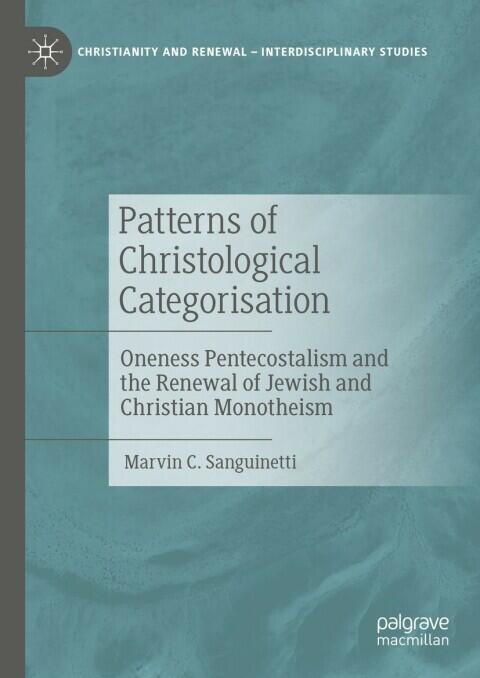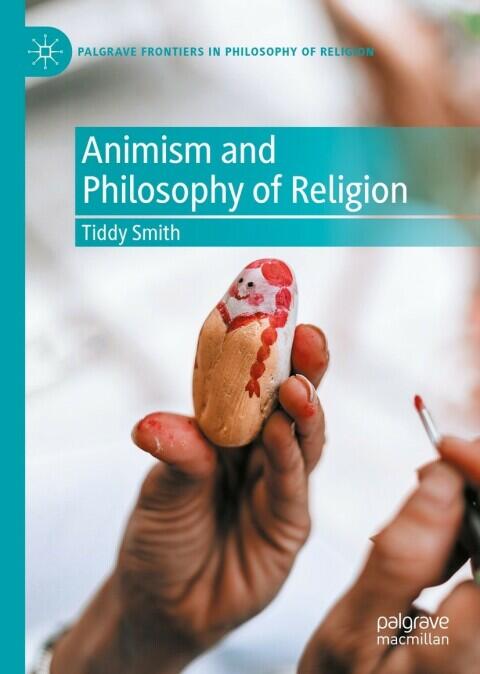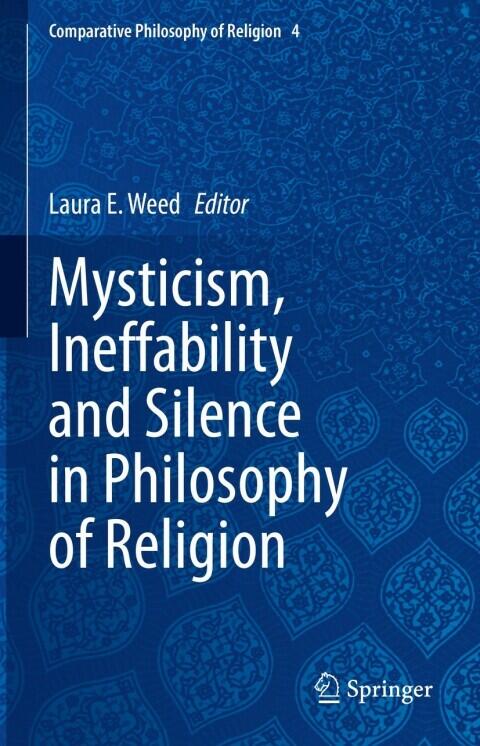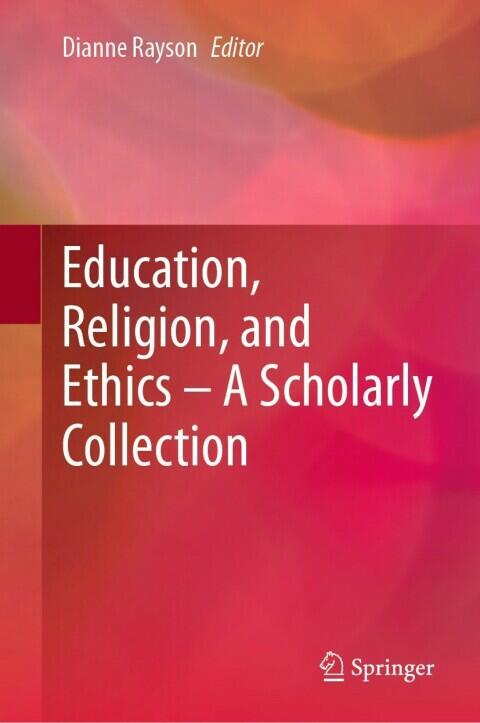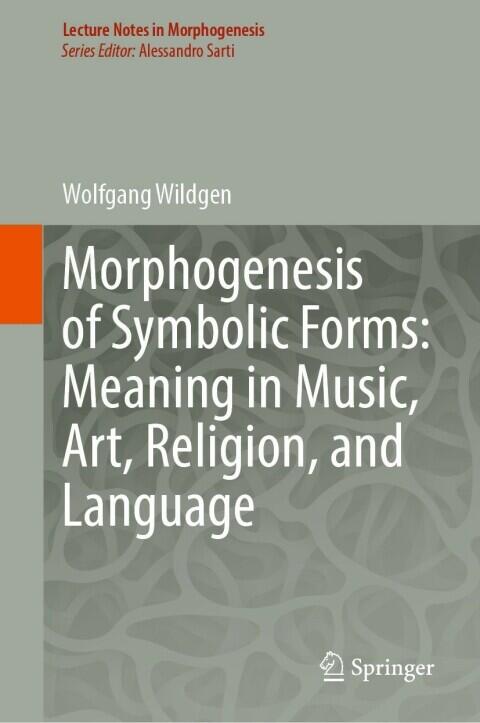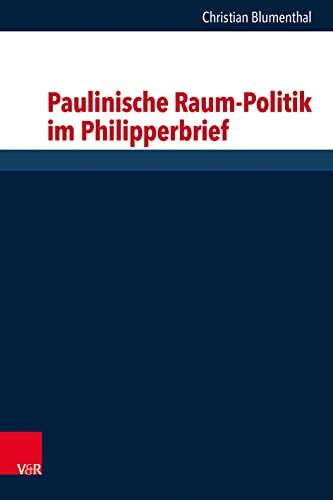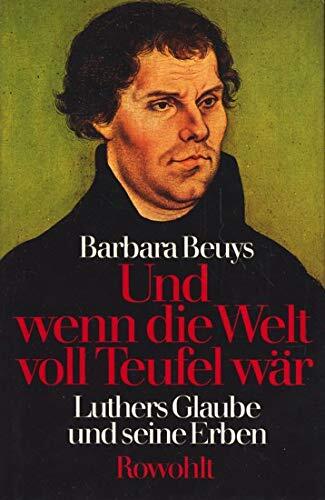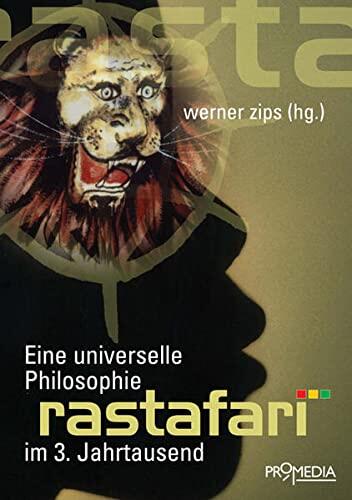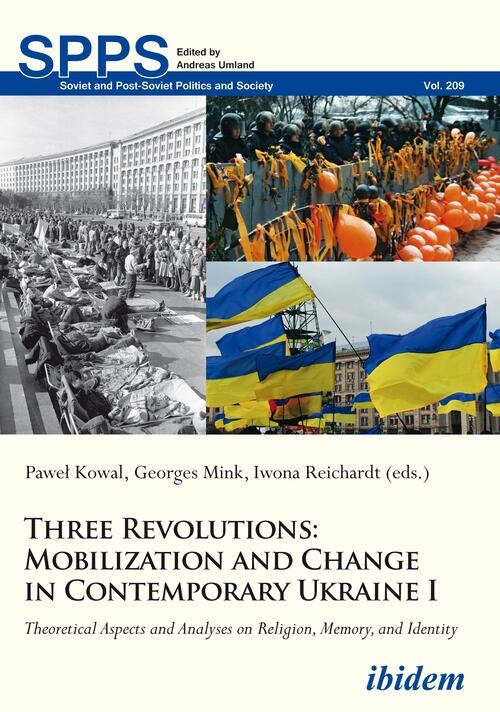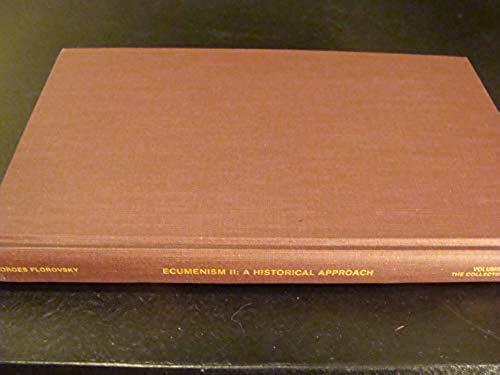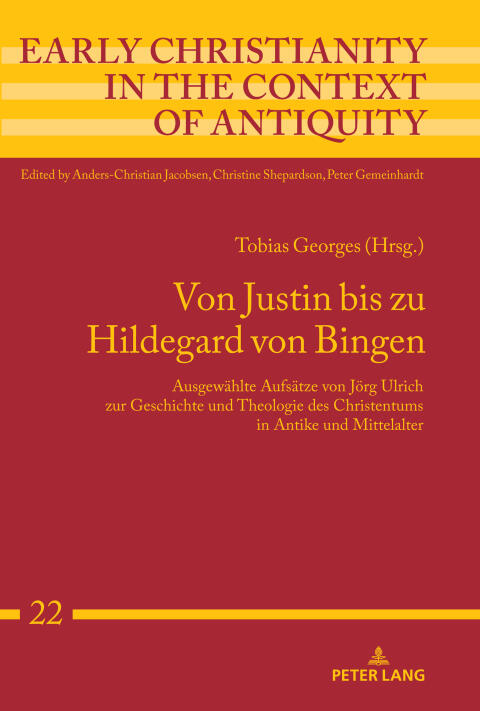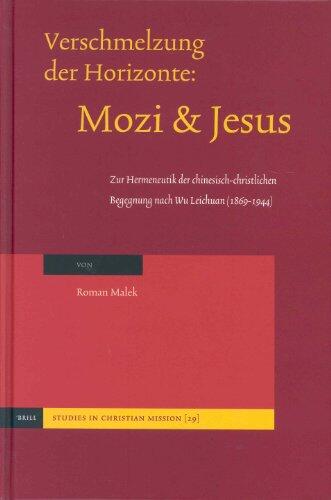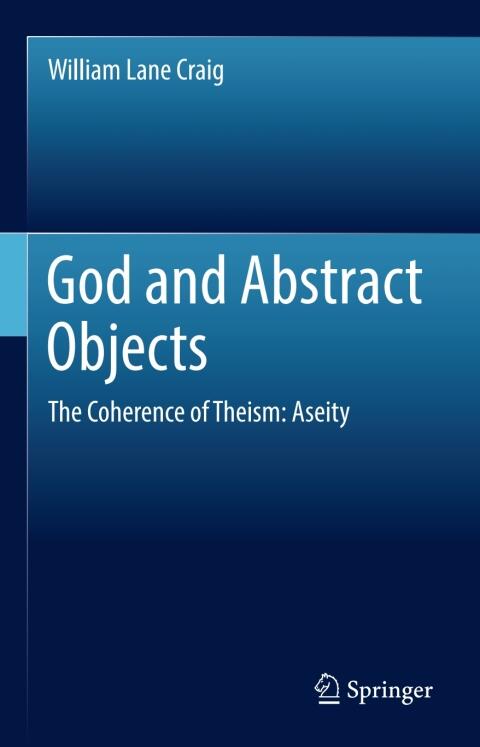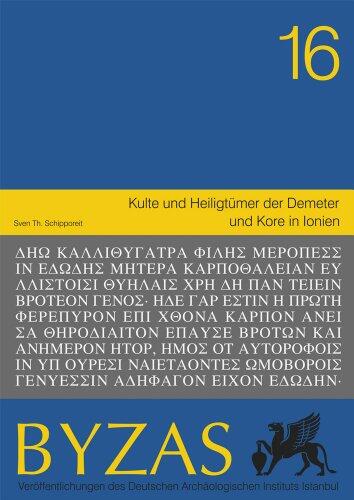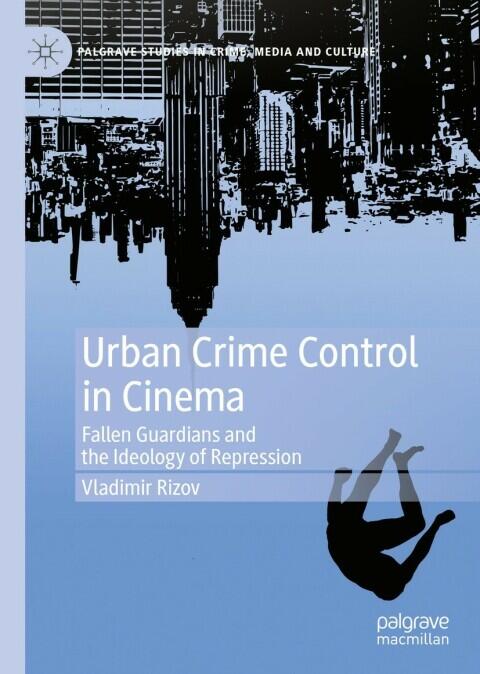
Urban Crime Control in Cinema: Fallen Guardians and the Ideology of Repression
작성자
Vladimir Rizov
아직 평점이 없습니다
Mystery
Religion & Spirituality
History
형식
킨들
페이지
305
언어
독일어
출판됨
Jan 1, 2023
출판사
Palgrave Macmillan
판
7
ISBN-10
3031129784
ISBN-13
9783031129780
설명
Vladimir Rizov dives into the intricate relationship between crime control and cinematic representation in this insightful exploration of urban crime in cinema. Through a detailed analysis of popular films, he sheds light on how narratives shaped by the film industry contribute to societal perceptions of justice and repression. The characters and storylines often serve as reflections of real-world issues, revealing the underlying ideologies that drive law enforcement and public safety measures.
Rizov argues that films function as both mirrors and shapers of cultural attitudes towards crime and governance. By examining specific genres and tropes, he uncovers the ways in which narratives perpetuate certain ideologies, often positioning crime control as a necessary mechanism for societal order. The book prompts readers to consider how these portrayals influence public opinion and policy, raising critical questions about the impact of media on societal values.
Ultimately, this exploration challenges readers to reconsider their understanding of crime and control within urban spaces, encouraging a deeper reflection on how cinema not only entertains but also educates and informs the public discourse around these pressing societal issues. Through vivid examples and thoughtful critique, Rizov's work invites a thorough engagement with the cultural implications of crime representation in film.
Rizov argues that films function as both mirrors and shapers of cultural attitudes towards crime and governance. By examining specific genres and tropes, he uncovers the ways in which narratives perpetuate certain ideologies, often positioning crime control as a necessary mechanism for societal order. The book prompts readers to consider how these portrayals influence public opinion and policy, raising critical questions about the impact of media on societal values.
Ultimately, this exploration challenges readers to reconsider their understanding of crime and control within urban spaces, encouraging a deeper reflection on how cinema not only entertains but also educates and informs the public discourse around these pressing societal issues. Through vivid examples and thoughtful critique, Rizov's work invites a thorough engagement with the cultural implications of crime representation in film.
